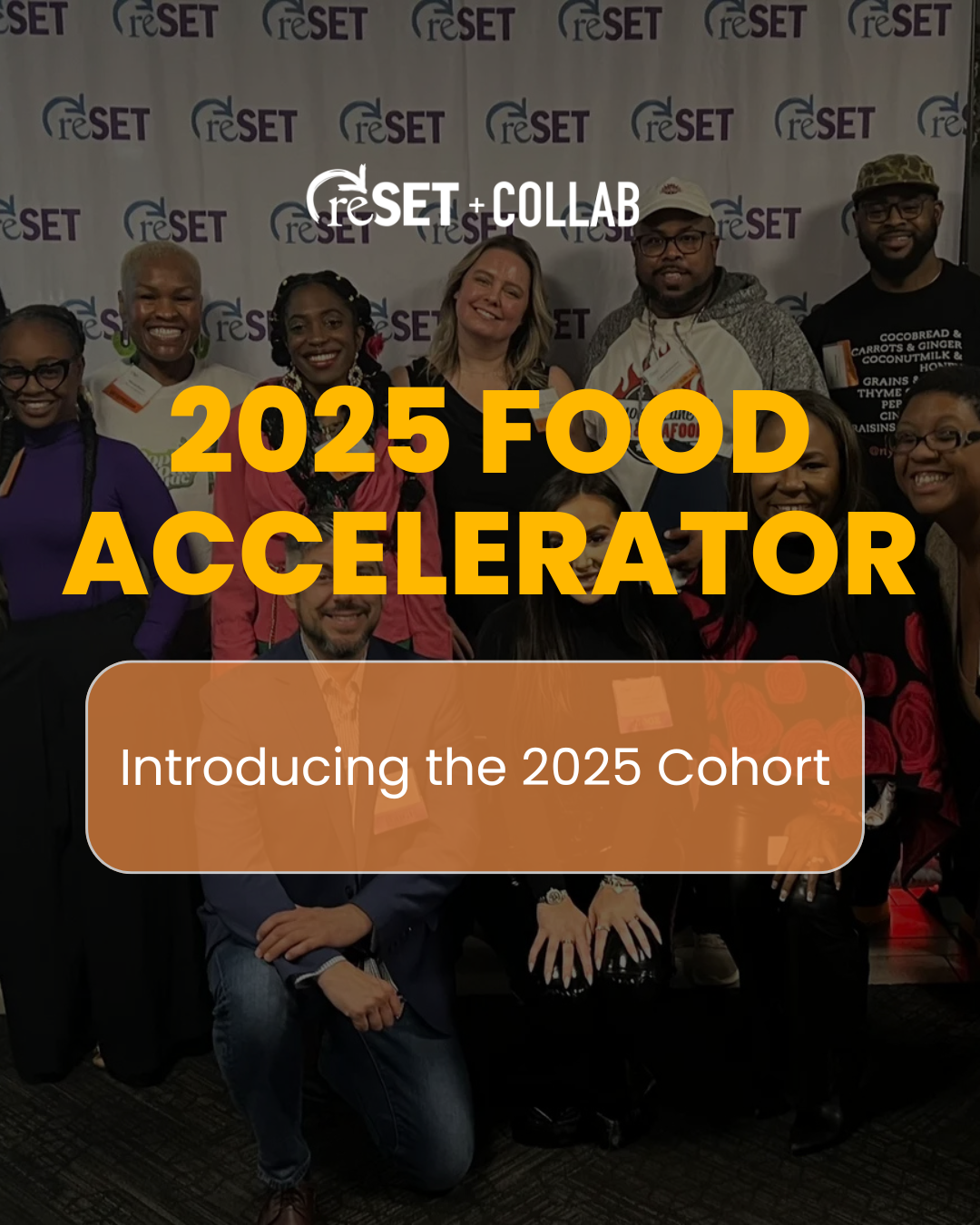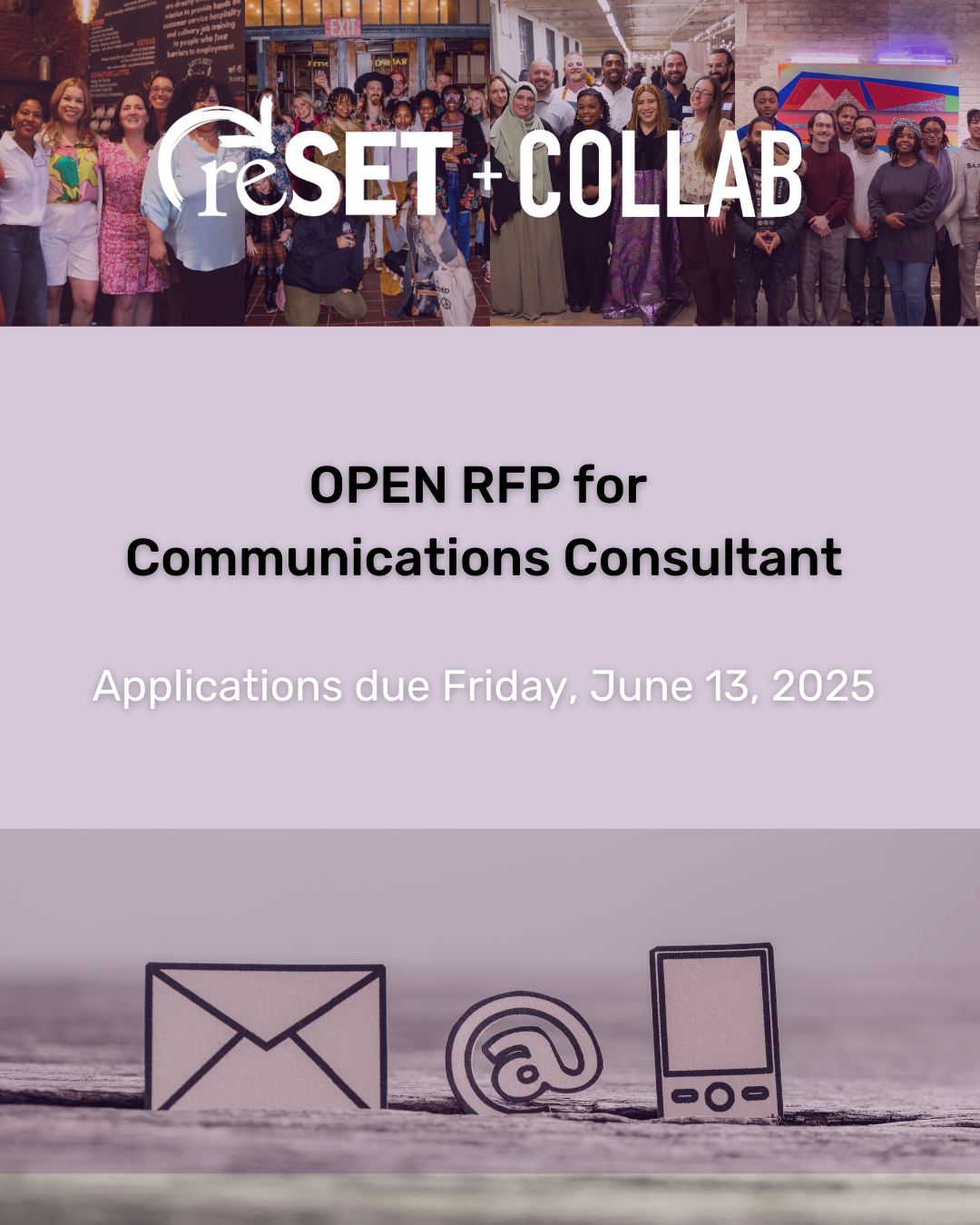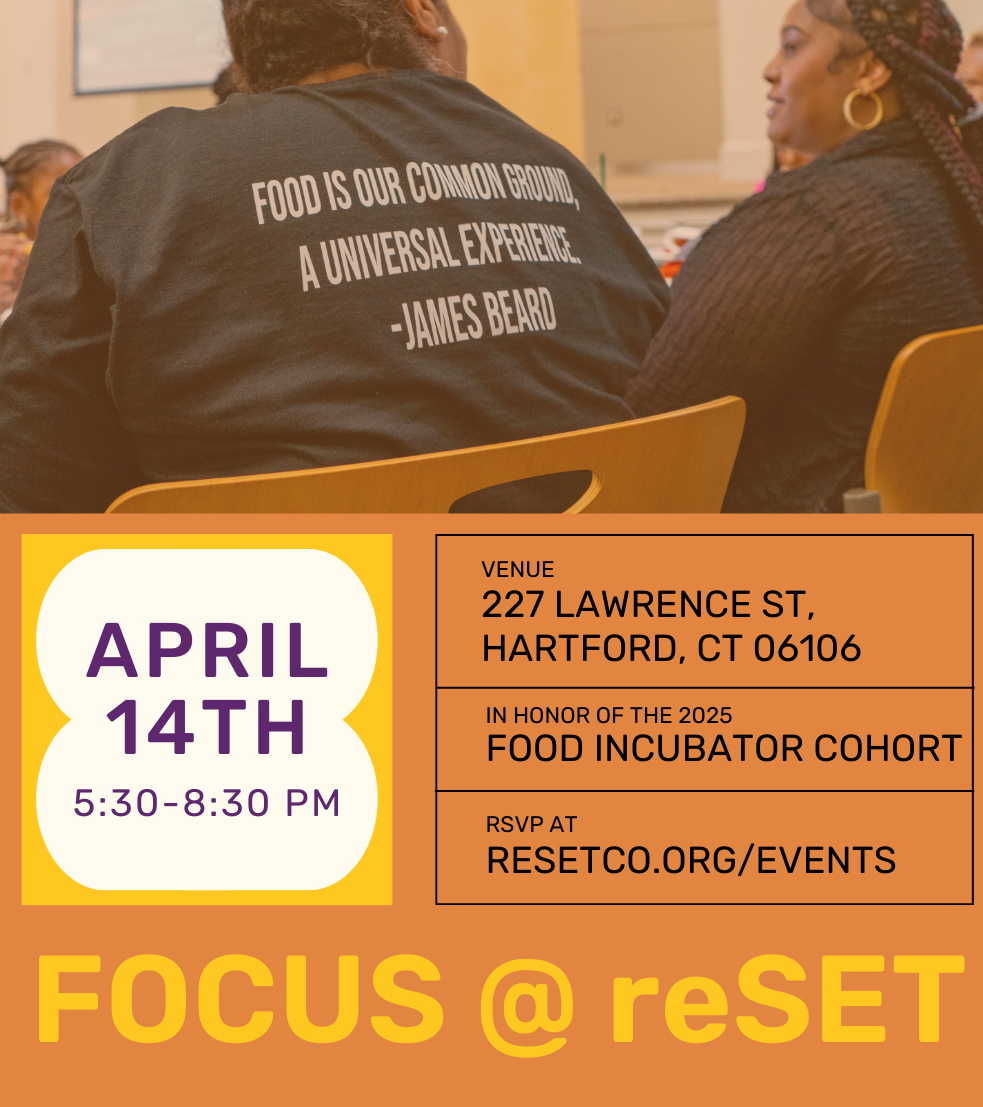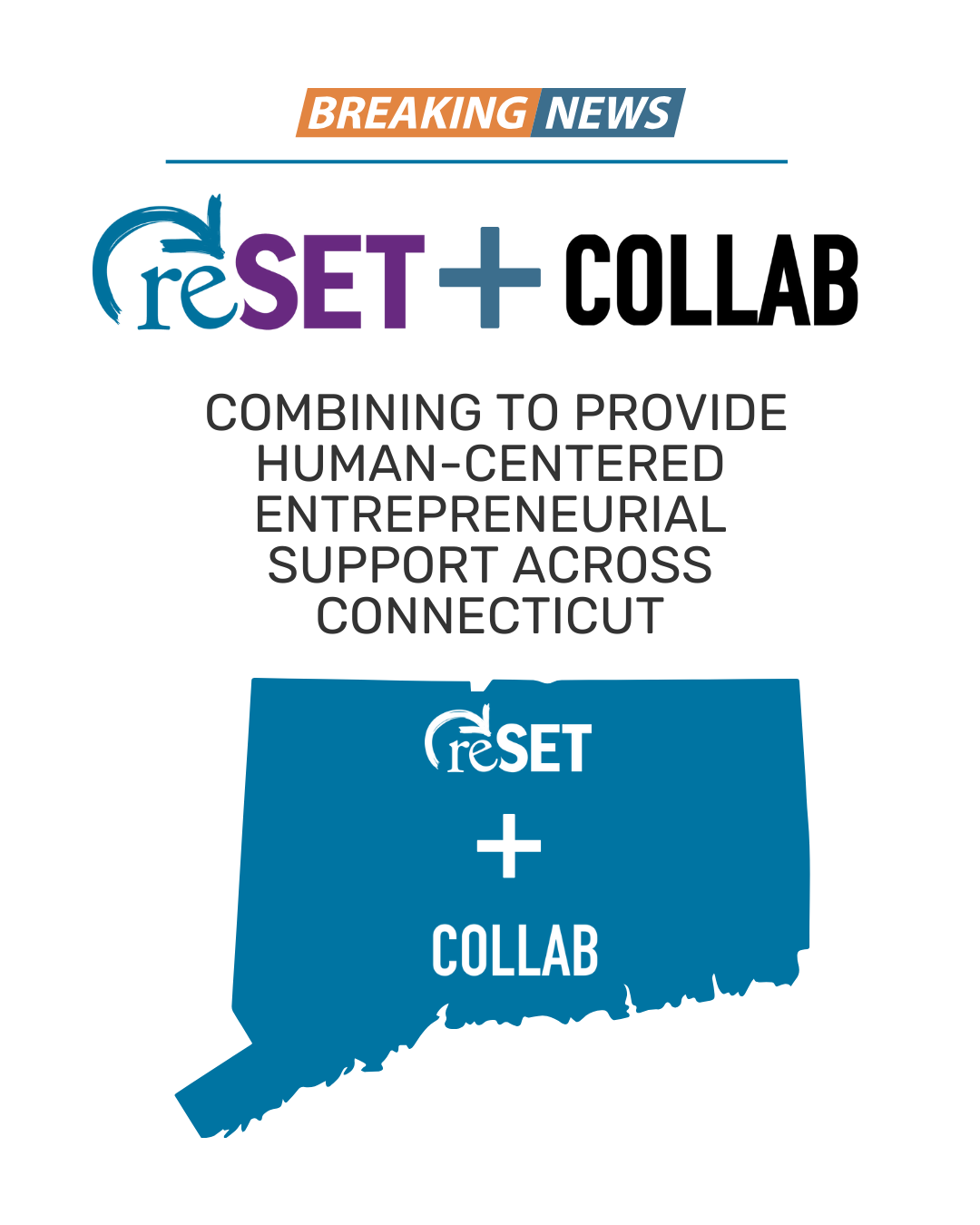For full U.S. News & World Report article details and related content, please click here.
By Nicholas Zazulia
Keshia Ashe, co-founder of ManyMentors, works with kids at the Asian Studies Academy at Bellizzi School in Hartford, Conn. (ALEX SYPHERS)
How many hours have you spent looking at a screen today? If it’s still early, then how many hours did you spend yesterday?
If you’re anything like the average American, it was about seven and a half hours, according to research done by Kleiner Perkins Caufield Byers’ Mary Meeker in 2014 (andshared by Quartz).
That’s why Keshia Ashe uses the name “no-excuse mentoring” for the online-only option her nonprofit ManyMentors offers to connect mentors and mentees in science, technology, engineering and math fields.
All of us are at our computers all the time and it takes less than 15 minutes a week to be in connection with someone with our dedicated platform,” says the 30-year-old co-founder of the Connecticut-based organization.
Ashe recognizes that it is difficult for busy professionals to commit to spending large swathes of time on something in “a day and age where everything is happening in the blink of an eye,” but thinks that anybody can promise 15 minutes a week where he or she will already be – particularly for a good cause.
While attending the University of Connecticut for graduate school in 2011, Ashe established ManyMentors with another student, Tiffany St. Bernard. The organization champions the good cause of patching up the notorious “leaky pipeline” for women and minorities in STEM fields, which sees many of the people who enter education or the workforce in those arenas drop out.
It is thought that one of the leading reasons women and minorities find it challenging to stay in those fields is because of the dearth of role models who look like them. ManyMentors aims to solve that problem by perpetuating a community of people focused on those topics: While a black student might be the only one in her electrical engineering class, she can relate to people from ManyMentors who share that identity.
Ashe grew up in Hampton, Virginia, where she developed a passion for giving back. In graduate school in 2010, she started volunteering her time to meet with high schoolers at a youth mentor center, but it got to the point that there were more students seeking guidance than she could serve. She asked friends to help, but eventually the need still outpaced their ability to meet it, even through the use of Skype.
That need gave Ashe the idea for ManyMentors, an organization that uses tech to facilitate mentoring on a broader scale. Though that happened in 2010, she says, “ManyMentors wasn’t founded until 2011 because I didn’t meet Tiffany [St. Bernard] until 2011. She is the one who said ‘Let’s go.’ I explained the idea and she said, ‘Yes.'”
With the idea and the determination, Ashe and St. Bernard found reSET, a social enterprise trust – that is, a group that helps support entrepreneurs trying to set up socially conscious organizations. Ashe credits reSET with helping them figure things out on both the nonprofit business side of things and the tech development side.
The tech platform was important to help facilitate one of the things that makes ManyMentors different than many mentoring organizations: the multileveled system by which it operates. Undergraduate and graduate students are in the middle of a three-level structure. They can serve as mentors to high school students, helping them with projects, and, in turn, as mentees themselves to working professionals. The goal there is to keep the pipeline moving, Ashe notes..
Another aspect of ManyMentors is that the glue binding people together is not area of interest, which is typical. In other words, someone hoping to study biochemistry at Yale (one of the schools at which ManyMentors has a presence) doesn’t need to be paired with a Yale student majoring in biochemistry.
Instead, Ashe says, “it’s more about what you bring as a person and how can we support you” than what your STEM major is, and she thinks that helps people feel at home and find organic matches. “Whatever your major is, if you also identify with feeling underrepresented, this is the place for you.”
Despite the scientific chops of ManyMentors’ founders – Ashe has her master’s in chemical engineering from UConn, stopping short of her originally planned doctorate so she can focus on ManyMentors for now, while St. Bernard is working on her Ph.D. at Cornell in biomedical engineering – their pairing program is anything but. Ashe says the original plan was for a complex, data-driven algorithm, and that’s how things started, but that it didn’t work well because they needed to be “matching people, not matching data.”
Now the group asks questions such as “What are three words your friends would use to describe you?” and passes the information on to leaders who interact with the students, giving them access to the database to confirm matches and ensure good pairings.
ManyMentors is in the process of reassessing some of the mentorship structures it uses to increase group mentoring, because Ashe says it is finding greater engagement and sustainability in small groups than one-on-one settings, and that flexibility will help them expand.
There are plans to establish five new chapters in Connecticut through partnerships with universities. ManyMentors has about 200 mentors and 250 mentees in its ranks, Ashe says, and she estimates about 5,000 students have been impacted through the program, which also includes speeches, panels and advocacy. Additional chapters can grow those numbers significantly. The ultimate plan is to bring on corporate partners who can pledge individuals to mentor those college students as well.
Ashe stresses how important the mentorship is for everyone involved. Not only does having someone at the end of that hole-filled pipeline make it easier for people at the entrance, she says, but the responsibility of knowing people are counting on you helps the people who are further along, too.
“Even with all the work that I do within STEM, I felt unmotivated” at times, Ashe says. “But it was all the work with the students and them being there and sort of looking to me as an example that played a significant role in me continuing the work that I was doing.”







